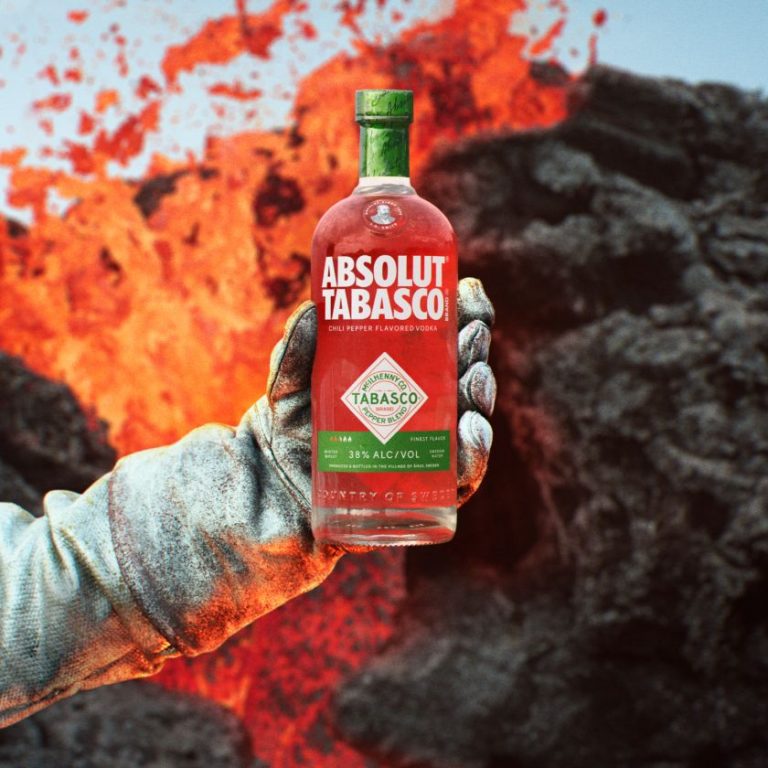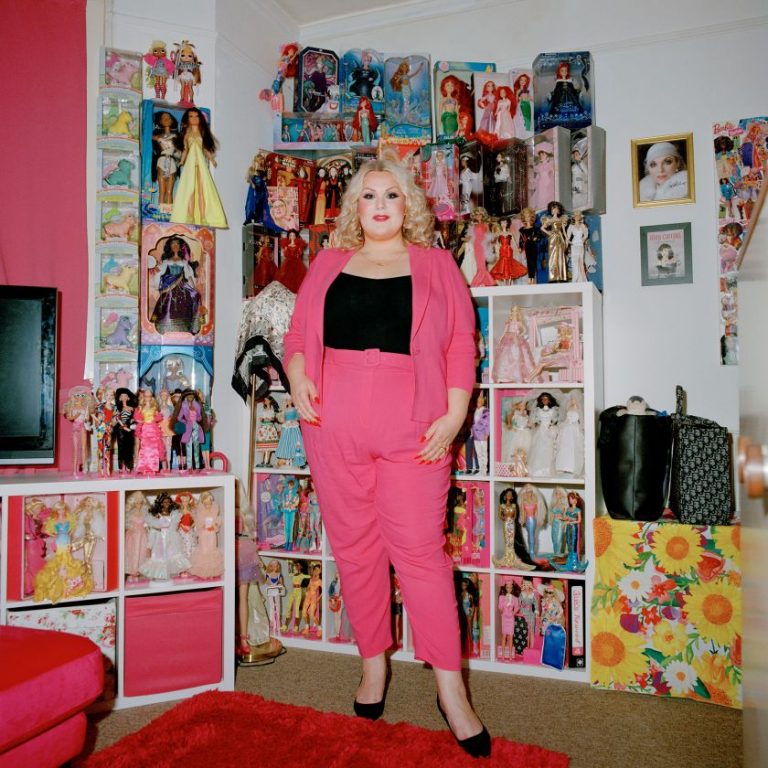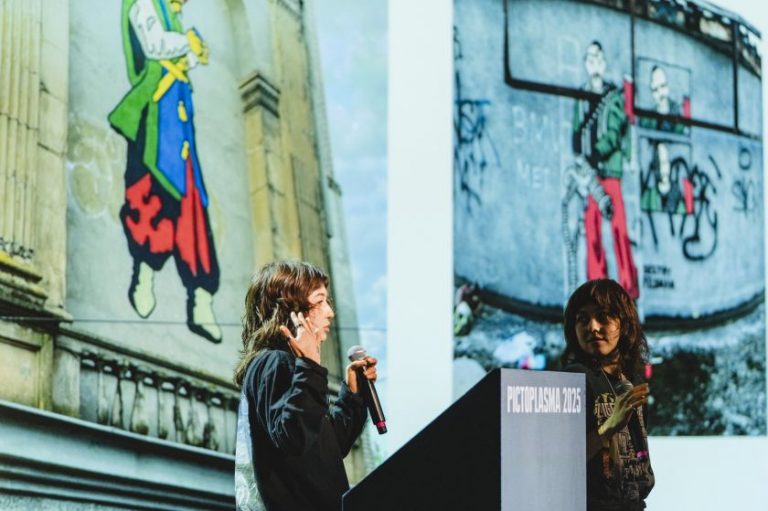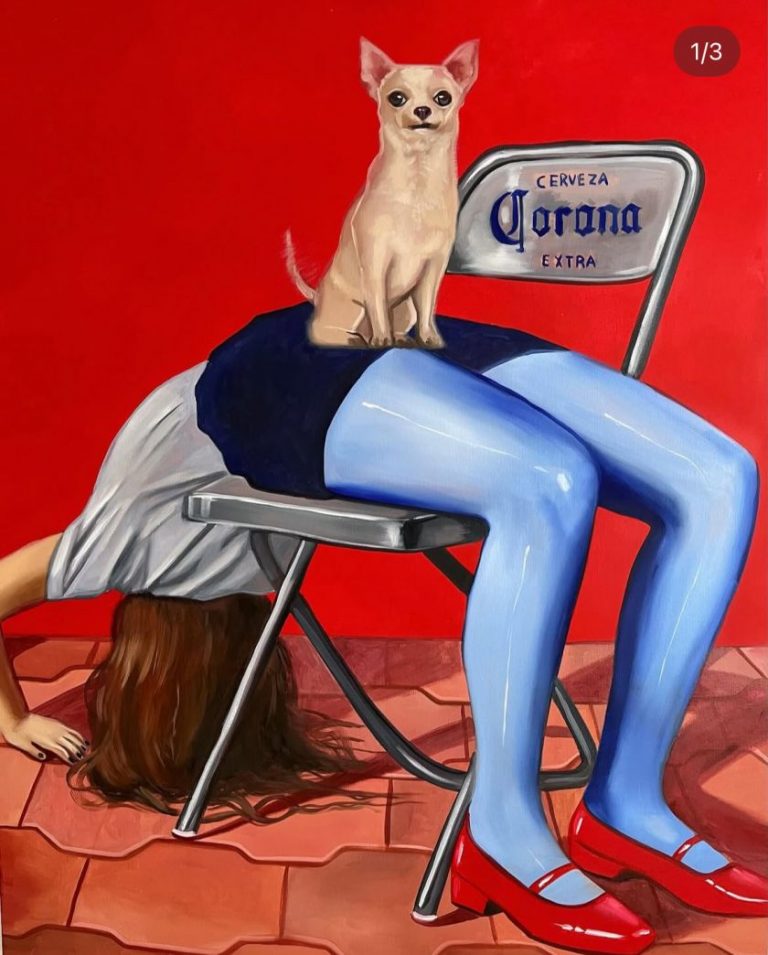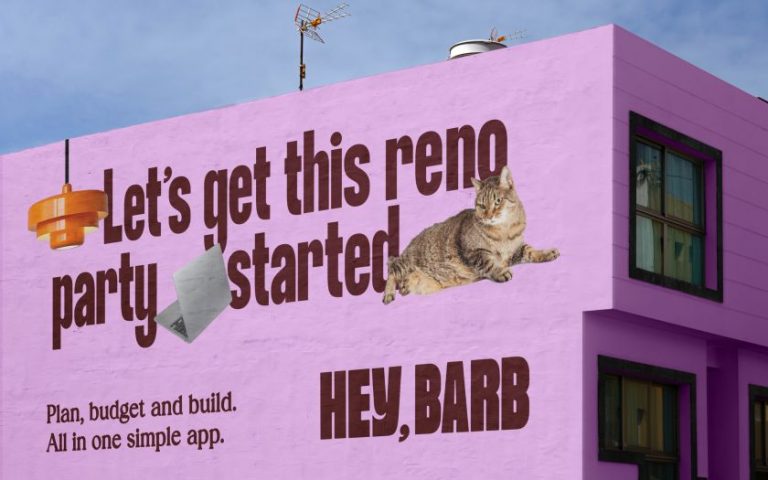The Aussie studio launches a colourful new visual identity for the ice cream brand, with a palette that changes with the seasons and leans into its LGBT+ values.
Founded in 2014 by award-winning Australian pastry chef Terri Mercieca, Happy Endings is an ice cream brand defined by colourful chaos. In its own words, it offers consumers “superbly made, scientific beyond belief, high-quality ice cream and dessert [that will] hit you in the face harder than the glowing yellow lights of Blockbuster Video on a Friday night”.
Its partnership with London-based branding and design studio Land of Plenty came about in 2018 when long-term clients of the studio, Yard Sale Pizza, asked them to design a sticker for their collaboration with Happy Endings.
Land of Plenty loved the Happy Endings ethos and saw huge potential in the business, so they approached Mercieca and began sowing the seeds for a rebrand.
The brief
Fast forward to 2023, and Land of Plenty was asked to reinvigorate Happy Endings by evolving the brand and developing a sustainable packaging solution that also increased the efficiency of the day-to-day roll-out of the product.
The goal for the studio was to blend Happy Endings’ inherent layer of nostalgia with the power of storytelling to create a place where everybody is welcome. The scope of work entailed everything from packaging to website to signage, point of sale and merchandise.
The challenge was to elevate the packaging to match the quality of the product whilst making sense of the offer and expressing a brand that truly values people, the planet and positivity.
New packaging
Through an extensive research and development process, Land of Plenty helped engineer a sandwich wrap using NatureFlex, a plant-based film and alternative to harmful plastics that is fully biodegradable and FSC-certified. The studio also created a fully planet-friendly packaging system and future-proofed identity framework for a changing product offer that champions diversity through individual expression.
Founder and creative director Jonny Rowe says that Land of Plenty felt strongly aligned with the client in terms of values and mission. “The ethical side to what they create, and the people they partner with, as well as the importance they place on the environment – knowing that the ingredients they use come directly from nature – was a key guiding factor in developing the biodegradable packaging suite.”
Art direction and photography
Land of Plenty’s approach to art direction and photography broke their usual rules. This was about variety, unique perspectives and celebrating the joy of colourful characters.
They adopted a language approach “full of Aussie charm; built on contradictions, stream of consciousness, and a sprinkle of nonsense for good measure”. In addition, the ‘rainbow sandwich’ gradient references both nostalgic ice cream menu boards and the brand’s LGBT+ values.
The brand comes alive in the physical space as much as the digital. Land of Plenty designed all signage and menu boards using a flexible colour system that allows the offer to change through the seasons.
The team also created a logo mark inspired by the written word, following the premise that every good tale has a happy ending, just as every good meal has a tasty dessert.
Reinvigorated brand
“We’ve built a real connection as both businesses and as people over the last five years or so, having navigated some uncertain times together, so it’s been especially rewarding to finally be able to hit the launch button on this new identity,” says Jonny.
Terri Mercieca, founder of Happy Endings, adds: “I went to Land of Plenty in the hope of reinvigorating my company and getting a packaging solution that not only had a better impact on the planet but also created more efficiencies in the day-to-day running of the business. And they’ve been the most unreal and wonderful design agency to work with.
“Every single person that works there is a dreamboat. They really care; their goal is to make the brand come alive in its most authentic way. To capture what you’re about and make it obvious.”
Hospitality report
The rebrand comes as Land of Plenty is launching a comprehensive report on transforming the hospitality industry. The Shift: Hospitality Edit provides insights and perspectives on the hospitality sector’s current landscape, offering strategies for businesses to become more sustainable, purpose-driven, and community-focused, while emphasising the theory of marginal gains.
As a company with a strong commitment to building brands that resonate with customers and the planet, Land of Plenty says it’s long practised the principles outlined in this report, with clients including Yard Sale Pizza, Field Good, Away Days and Happy Endings. It now hopes to inspire a wider audience by sharing the research and insights underpinning its work.
“We always want to inspire the little shifts in our clients,” says Jonny, “and it’s our ongoing mission to create brands that have a meaningful impact on the world. In the spirit of Land of Plenty, we are using this report to reach as wide an audience as possible, to inspire ways of ‘doing’ rather than just ‘saying’. Being a 1%er is about taking small steps towards being better, not making huge claims of being perfect.”
Key insights from the report include the following:
Catalyst for Change: The hospitality industry, employing 1.8 million people in Britain, has the potential to help lead the way in addressing climate change, social justice, and community connection.
Consumer expectations: Today’s consumers are more discerning, seeking value and meaningful interactions. Businesses must adapt to stay relevant and make a positive impact.
Sustainability imperative: The report highlights the impact of hotels on carbon emissions and food waste, emphasising the need for bold, positive intervention by industry leaders.
Soil-to-seat dining: The trend of sourcing local, seasonal, and climate-positive ingredients is gaining momentum, empowering consumers to make sustainable choices.
Efficient design: Businesses in the hospitality sector are making strides in efficient design, from energy usage to materials and ingredients, and are contributing to a more circular economy.
Community building: The report stresses the importance of creating spaces that nurture community and connect people, places, and the planet.
Post-pandemic trends: The post-pandemic era has led to a shift in consumer preferences, focusing on joyful experiences, rest, and balanced living.
Visual storytelling: The report emphasises the significance of visual storytelling in conveying a brand’s values and commitment to issues that matter.
Sustainable lifestyle: Many consumers lack knowledge about sustainability, presenting an opportunity for brands to lead in making sustainable choices as essential as profit.
Advocating for nature: In the face of the climate emergency, brands should authentically champion nature and prioritise it in their internal processes and offerings.





